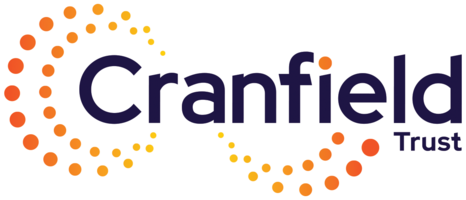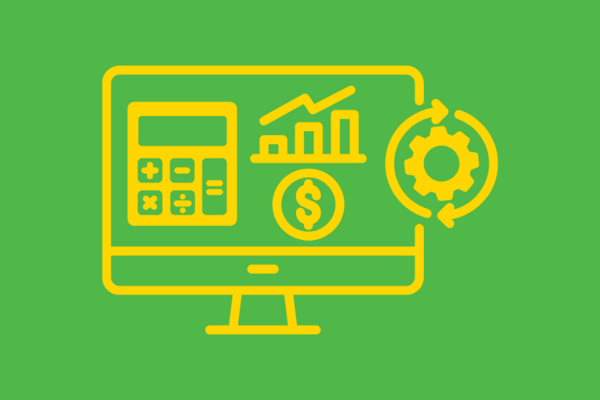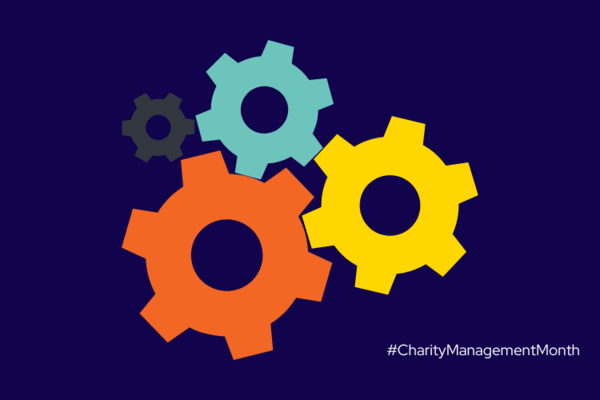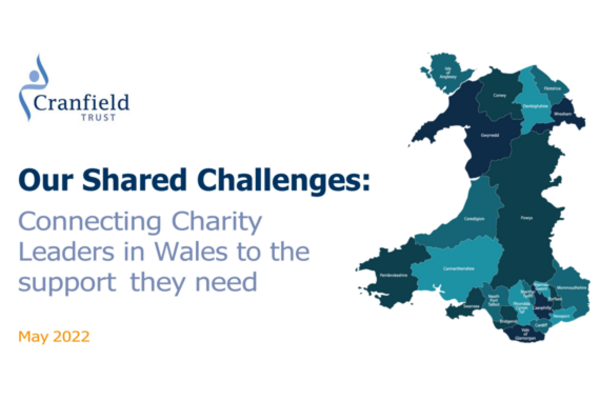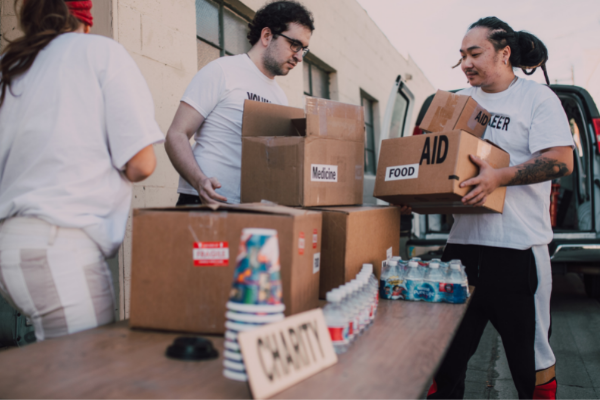Cashflow is the name given to the process of money coming into an organisation and then being spent and going out of the organisation. In ordinary times a charity, as any other business, maintains financial security by making sure that the amount of money spent does not exceed the amount of money received.
Cash is king - even if a charity has valuable assets if it does not have enough cash to pay its debts as they fall due it risks becoming insolvent.
As a result of coronavirus the entire economy is in a time of uncertainty. Employees are told to work at home, people are not going out, people are panic buying food and other important products but have stopped spending money on things that are seen as less important. People have been told to stay indoors and not to travel unless this is essential.
Charities' cashflow is at risk in two ways:-
- Incoming funds or donations may be reduced because donors are themselves concerned about their financial security or because fundraising events have had to be cancelled.
- Recipients of donations or services from the charity may increase in number or may demand increased assistance or services because of coronavirus.
It is possible to control cashflow by:-
- Listing all sources of income, assessing if or how they will be affected by coronavirus and calculating what future income may be. Update budgets and cashflow forecasts with the new figures to show the effect of the change in income.
- Seeking funds from alternative sources - increase fundraising as far as this is possible. Coronavirus may give unexpected opportunities eg people who cannot go to work may want to give voluntary help.
- Listing all costs for the charity and the recipients of services or donations. If the updated income is not enough to pay all these costs or services/donations, then the costs, service or donations must be reduced. All unnecessary expenditure should be stopped, projects that can be postponed should be put on hold and recipients of services/donations could be prioritised. This could result in difficult decisions but it would be a very necessary process for the charity to survive to work in the future. Some businesses have asked their employees to take unpaid leave, for example.
- Using budgets and cashflow forecasts that have been updated will give you more accurate information to work with and this will enable you to make reasoned decisions. All of these decisions and the reasons for them should be documented.
- Using loans from the government - it is suggested that this is used as a last resort and as a short term measure but the government is providing loans to small businesses affected by the coronavirus and these funds should be available from next week https://news.sky.com/story/coronavirus-i-own-a-business-or-have-a-mortgage-how-do-i-access-the-chancellors-help-package-11959524
- Consider joining forces with another charity. This does not have to be a charity that does exactly the same as you, but one that works in the same way, with the same mission or in the same sector. It may be possible to reduce costs in this way and control cashflow until the coronavirus is out of the way and your charity can start to work as before.
Seek advice. Debt advisors provide useful, practical advice that could be of assistance. Talking to other charities could lead to ideas that may help - you are not on your own.
If you have recalculated your charity's cashflow, expenditure exceeds income and it is not possible to change this, seek advice from an insolvency practitioner.
Do not delay - you are more likely to be able to control your charity's cashflow by taking the above steps now.
